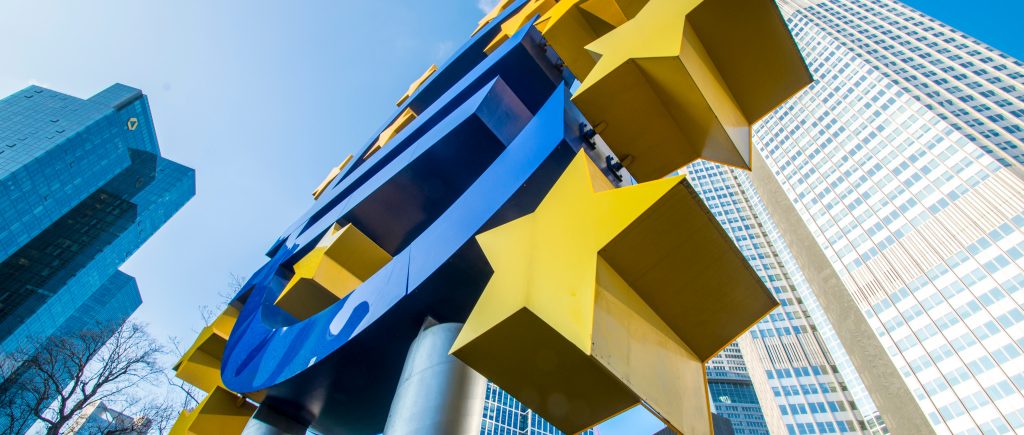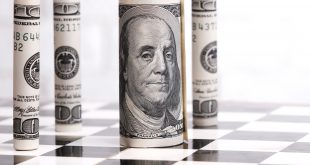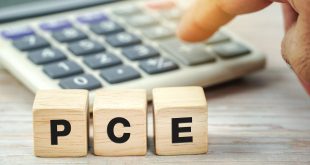Saudi Arabia is on track to sell a €1.5 billion ($1.58 billion) debut green euro bond after drawing in €7.25 billion of investors bids as it seeks to fund its ambitious economic-transformation plan.
The pricing level for the seven-year green note has been tightened by 40 basis points compared to initial levels, according to a person familiar with the matter, who asked not to be identified discussing private information. It is set to price at 115 basis point over the benchmark.
Saudi Arabia has begun the sale of its first euro-denominated green bond, according to reports, marking a regional milestone in sustainable finance. The bond aims to support the kingdom’s Vision 2030 plan, which seeks to diversify the economy away from oil dependence by the end of the decade.
Bloomberg reported Wednesday, citing a source close to the transaction, that the seven-year green debt offering is being marketed alongside a 12-year conventional bond from the kingdom.
A green bond is a fixed-income debt instrument that funds projects focused on the climate transition such as renewable energy plants or electric cars.
Saudi Arabia’s Ministry of Finance mandated HSBC, JPMorgan and Societe Generale as global coordinators for the bond sale, Bloomberg reported.
Why it matters: Saudi Arabia’s government debt has been rising, reaching $319.7 billion in Dec. 2024, compared to $280 billion the previous year.
Issuing a bond in a foreign currency can help a country diversify its investor base and potentially decrease borrowing costs. Saudi Arabia issuing in euros will allow European capital markets investors to buy into the kingdom’s energy transition projects and wider climate strategy. The kingdom has not issued in euros since 2021, according to the Global Capital outlet.
While other countries in the Middle East have issued green debt, none of them have issued a green bond in euros, according to Bloomberg data.
Saudi Arabia’s deep pocketed sovereign wealth fund, the Public Investment Fund, has been issuing green debt since 2022 and is committed to developing 70% of Saudi Arabia’s 2030 renewable energy target.
As part of Vision 2030, Saudi Arabia looks to have half of its electricity powered by renewable energy by the end of the decade and aims to reach net zero emissions by 2060.
Saudi Arabia, currently the world’s top oil exporter, is still very reliant on oil. While its contribution to national gross domestic product has been decreasing, it still accounted for around 40% in 2024, according to official data. An estimated $202 billion in revenue last year came from oil, compared to $126 billion from non-oil sources, according to the Saudi budget’s 2024 estimates.
Saudi Arabia is launching its first-ever green bond in euros, aiming to raise €1.5 billion ($1.58 billion) to support its Vision 2030 economic transformation plan. Investor interest is strong, with bids reaching €7.25 billion, allowing the pricing to be tightened by 40 basis points to 115 basis points over the benchmark. This seven-year bond marks a milestone for sustainable finance in the region.
This move allows Saudi Arabia to tap into European capital markets and diversify its investor base, potentially lowering borrowing costs. It also offers European investors a chance to participate in the kingdom’s energy transition and climate strategy. While other Middle Eastern nations have issued green debt, this is the first euro-denominated green bond from the region. Saudi Arabia last issued bonds in euros in 2021.
The kingdom’s national debt has been growing, reaching $319.7 billion in December 2024, up from $280 billion the previous year. While oil revenue remains significant (estimated at $202 billion in 2024 versus $126 billion from non-oil sources), Vision 2030 aims to reduce oil dependence and diversify the economy. A key goal is to have 50% of electricity powered by renewables by 2030 and achieve net-zero emissions by 2060. The Public Investment Fund is heavily involved, aiming to develop 70% of the 2030 renewable energy target and having issued green debt since 2022.
Saudi Finance Minister Mohammed Al-Jadaan recently indicated the kingdom might achieve its 2030 renewable energy target ahead of schedule. The country recently added its largest battery energy storage system to its grid, further demonstrating its commitment to renewable energy development.

 Noor Trends News, Technical Analysis, Educational Tools and Recommendations
Noor Trends News, Technical Analysis, Educational Tools and Recommendations




